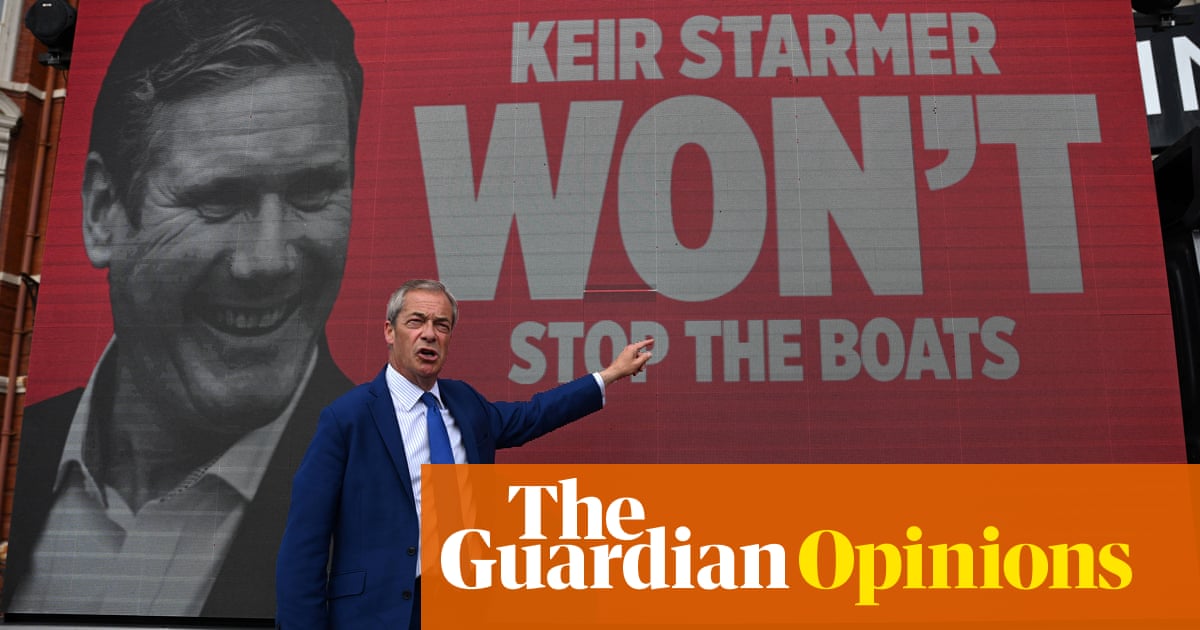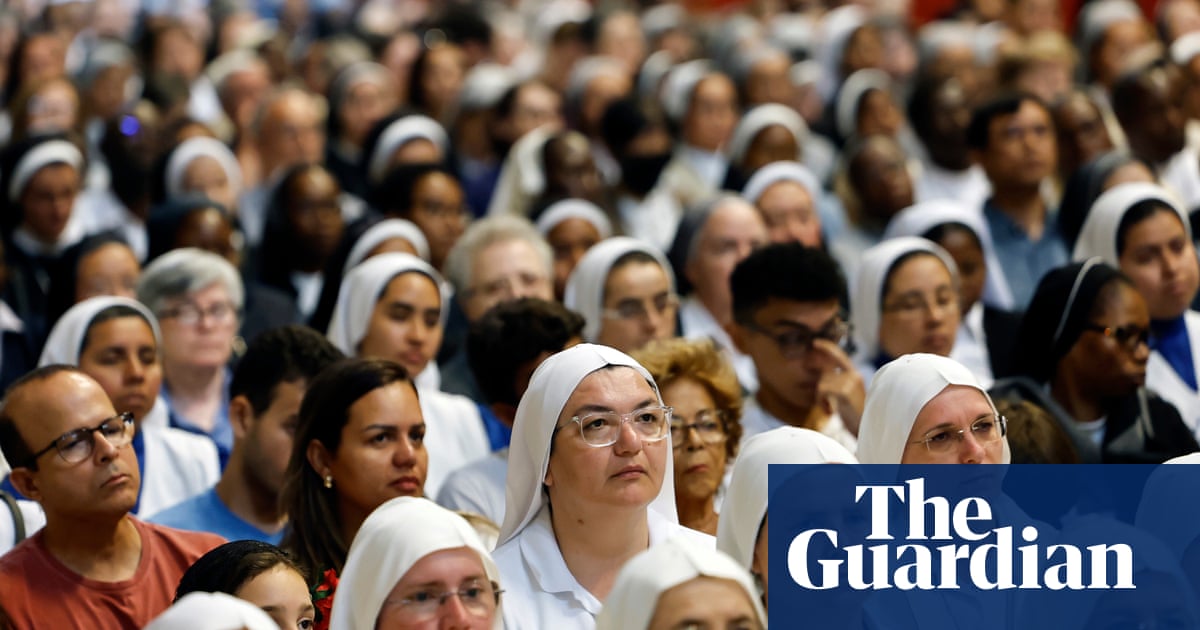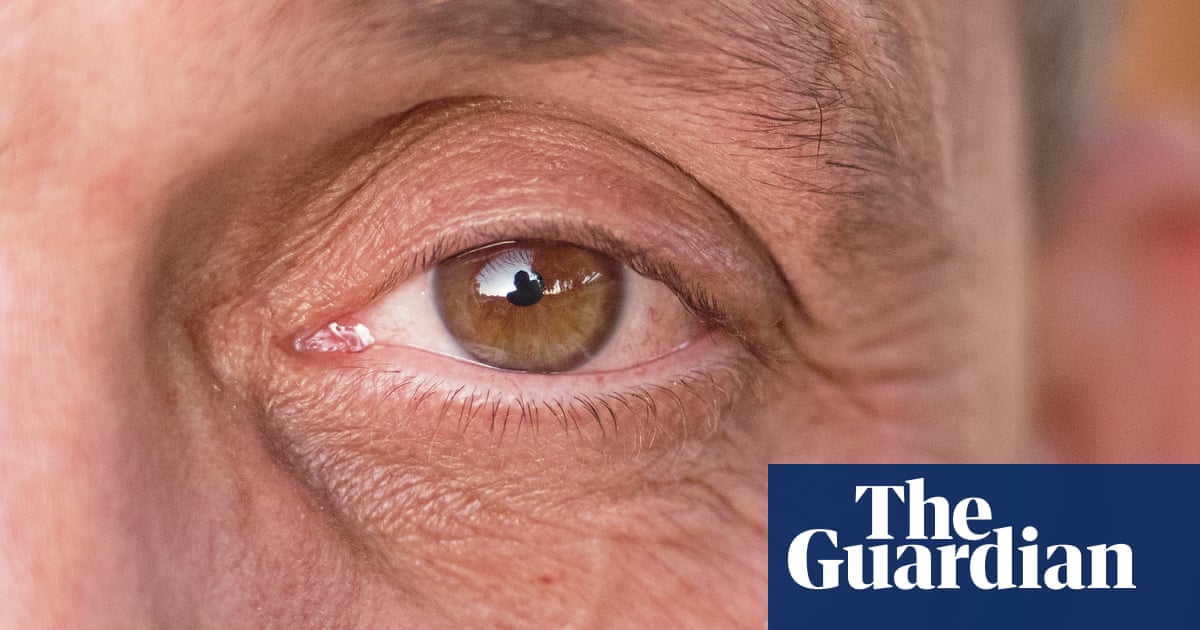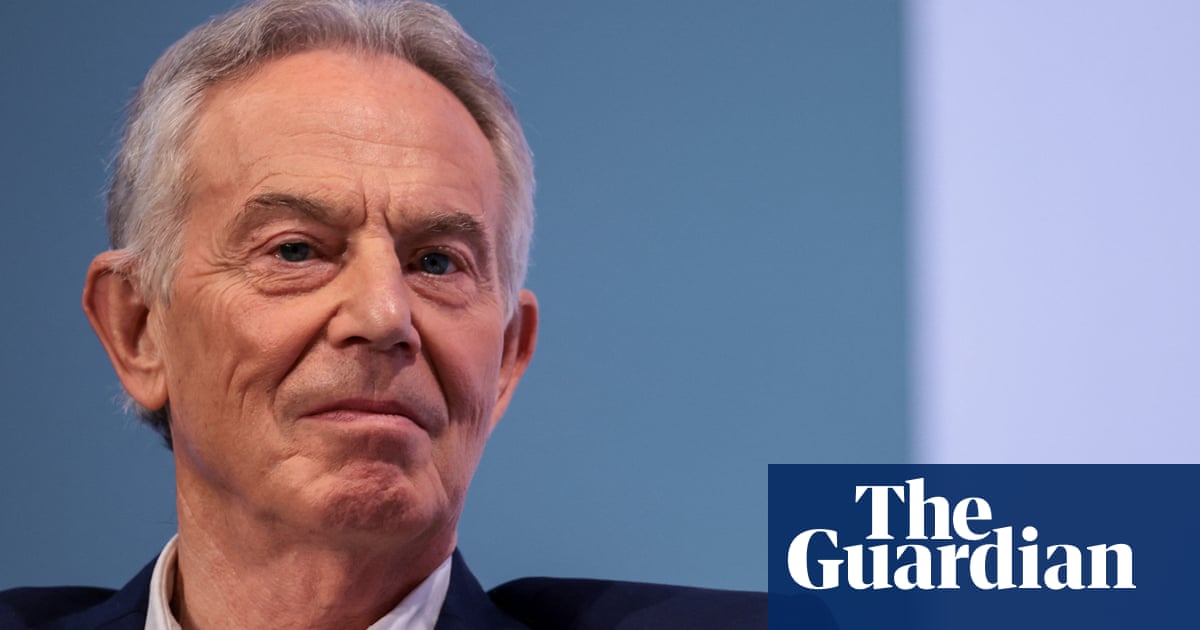Economics has an image problem, says Clare Lombardelli, a deputy governor at the Bank of England.
With few children from poorer backgrounds studying the subject and only a small proportion of women pursuing it to undergraduate level, the profession is heavily weighted towards men from well-to-do backgrounds.
“It’s pretty bad in all sorts of ways,” she says.
“It drives me nuts when you talk to people about economics, and they all think about textbooks and equations and men in grey suits talking about the stock market when the economy is way more interesting than that.
“It’s about millions of people making decisions all the time. Do they go to Starbucks or Greggs? What is driving [the economies] of other countries, and what are the constraints on the green transition? There are tons of, literally, the most interesting questions.”
Lombardelli, a former senior Treasury official who was poached last year by Threadneedle Street from the Paris-based Organisation for Economic Co-operation and Development (OECD), is on a mission to tackle what has long been regarded as a democratic deficit in the UK – a lack of understanding in the population at large about how the economy works.
More than that, she wants women like herself to have the opportunity to study the subject at their local state school, to alter a gender balance stuck for more than a decade at seven to three in favour of male pupils.
“There is a problem with the amount of economics that is taught, and the distribution. It is concentrated in private schools, it is not taught around the country, women don’t tend to study it, and people from low socioeconomic backgrounds don’t either,” she says.

Lombardelli grew up in Stockport, Greater Manchester, where she studied economics at sixth-form college.
Speaking to the Guardian at the launch of a collaboration between the Bank and Manchester University to boost the number of state school economics teachers, she joked that Stockport had many exports, including herself and “another redheaded woman” – the deputy prime minister, Angela Rayner.
Governments have tried to improve the nation’s understanding of basic economics since the 1970s. Initiatives can be traced back to an HM school inspector’s report that identified a lack of understanding of basic concepts, leading to the founding of an economics network funded by a charitable trust.
Lacking a long-term government commitment, it was wound up. A string of successor schemes have, likewise, not lasted more than a few years.

The latest initiative comes after a long decline in qualified teachers after changes introduced a decade ago by the then education secretary, Michael Gove. The shake-up excluded business and economics from the core curriculum and, possibly worse, denied trainee teachers a bursary when studying for a postgraduate certificate in education.
A trainee physics teacher can receive a £29,000 bursary towards their costs. A trainee languages teacher, including those hoping to give Greek and Latin classes, can obtain a £26,000 bursary. But anyone who wants to teach business and economics in secondary schools cannot access any such funds.
“I wouldn’t criticise the government for overly focusing on Stem subjects [science, technology, engineering and mathematics],” Lombardelli says. “It is good for the economy and for people. Personally, I think economics is another really valuable subject.”
The Bank’s scheme aims to support existing teachers in related subjects who want to add economics to their teaching armoury. About 20 have already signed up for the 25 places available in north-west England, where the project is being piloted.
Lombardelli says studying the subject at A-level gave her the confidence to apply for a place at the University of Oxford, where she graduated in politics, philosophy and economics, followed by a master’s degree in economics at the London School of Economics.
after newsletter promotion
She went on to become the chief economic adviser at the Treasury through successive Tory administrations before moving to the OECD. She is the Bank’s deputy governor in charge of monetary policy, taking over from the privately educated Ben Broadbent.
Next week, the monetary policy committee, of which she is a member, meets to decide on UK interest rates amid concerns that Donald Trump’s tariffs on goods imports to the US will cause increasing havoc with the global trading system, and uncertainty among big businesses about whether to take long-term investments. Most economic forecasters have downgraded their predictions for growth this year in response to falling consumer confidence and weakening jobs markets.
The expectation is that Lombardelli and her colleagues will vote for a 0.25 percentage point cut to 4.25% and continue reducing the cost of borrowing, possibly to as low as 3.5%, by the end of the year.
With only a few days before the meeting, Lombardelli is in purdah and unable to speak about the economy. Instead, she wants to make the point that understanding what next week’s decision means should be available to everyone.
“I was interested in economics the way precocious teenagers want to know how the world works. It struck me as the best subject to understand social issues, why things are the way they are and why wealth is distributed the way it is. Economics is the best way to get into all of that,” she added.
While at the Treasury, she helped George Osborne develop the sugar tax. At the OECD she was posted to Mexico to help develop the pension system.
“It’s a great subject to study, for yourself, for your career, for your opportunities, so that’s the idea - to tackle the question of teacher supply, in a really pragmatic way.”
Economics is still considered ‘male,’ along with computer science, while other subjects have become more diverse.
“You quite often hear – and I hate this argument – that economics is very mathsy. But women study maths. Kids from all different socioeconomic backgrounds study maths and increasingly so, yet economics hasn’t been able to ride on that.
“Women are perfectly capable of doing complicated things.”

.png) 7 hours ago
7
7 hours ago
7













































